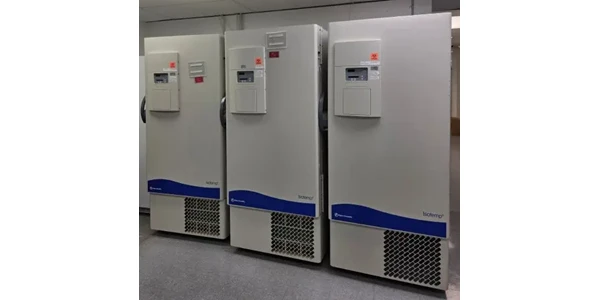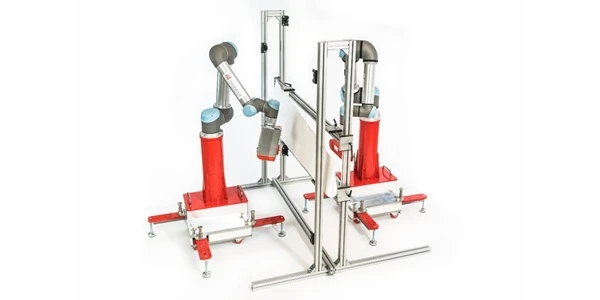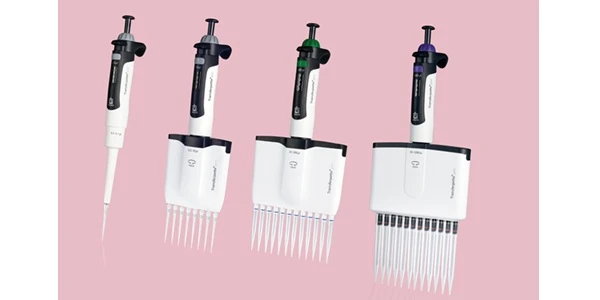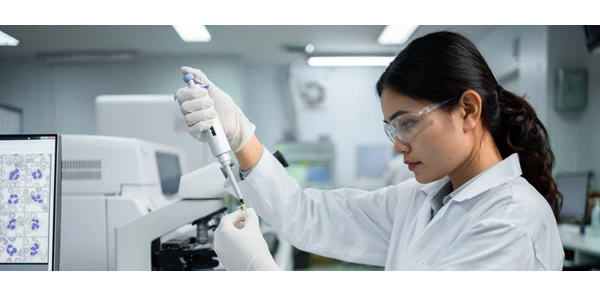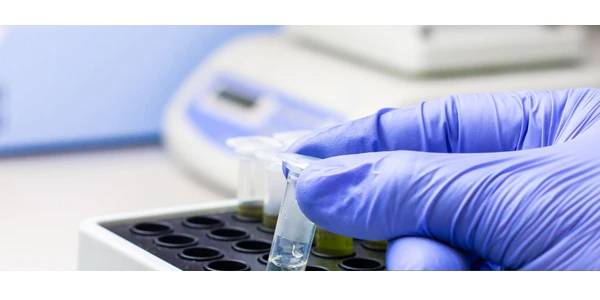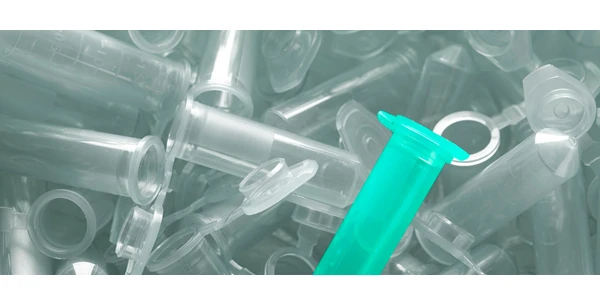The Pros and Cons of Purchasing a New Versus a Pre-Owned Mass Spectrometer
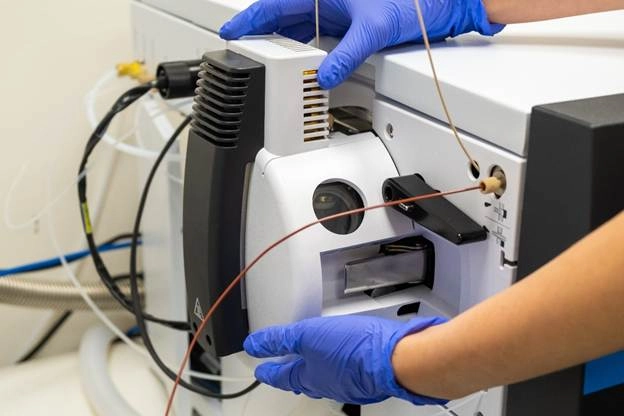
Mass spectrometry is a critical tool in various fields, including pharmaceuticals, environmental testing, clinical diagnostics, and food safety. However, purchasing a mass spectrometer is a major investment, and labs must decide whether to buy a new or pre-owned instrument. Both options have distinct advantages and potential drawbacks.
Buying a New Mass Spectrometer
Pros:
- Cutting-Edge Technology – New mass spectrometers come equipped with the latest advancements in resolution, sensitivity, and speed, allowing labs to stay ahead in analytical performance.
- Manufacturer Warranty and Support – A new system typically includes a full warranty, ensuring repairs and replacements are covered. Additionally, manufacturers offer technical support, software updates, and training.
- Regulatory Compliance – Industries with strict regulatory requirements (e.g., FDA, GMP, ISO) benefit from certifications and compliance features built into modern instruments. New models ensure data integrity, security, and validated performance.
- Longer Lifespan – A brand-new instrument offers years of reliable operation without the risk of wear and tear from previous use. This results in fewer unexpected repairs and downtime.
- Better Integration & Automation – Many new models feature advanced software, automation capabilities, and connectivity options for streamlined workflows and data analysis.
Cons:
- Higher Cost – The biggest drawback of a new mass spectrometer is the significant upfront investment, which may strain laboratory budgets.
- Longer Lead Time – New instruments may have long delivery times due to manufacturing and calibration processes. This could delay implementation.
- Steep Learning Curve – Newer models may require additional training for lab staff, adding to implementation time and cost.
Buying a Pre-Owned Mass Spectrometer
Pros:
- Lower Cost – The biggest advantage of purchasing a used instrument is the significantly reduced price, often 30-70% cheaper than a new system. This is ideal for labs with limited budgets or those expanding their capabilities.
- Faster Availability – Pre-owned instruments are often in stock and ready to ship, allowing labs to get up and running quickly compared to waiting for a new unit.
- Proven Performance – If sourced from a reputable seller, a well-maintained pre-owned system can offer reliable performance comparable to a new instrument.
Considerations That Can Vary by Vendor:
- Shorter Lifespan – Depending on its age, a pre-owned system may have limited remaining operational years.
- Limited Warranty and Support – Many used instruments lack manufacturer warranties. Buyers often rely on third-party service providers, which may have varying levels of expertise.
- Compatibility Issues – Used instruments may not include updated software, firmware, installation services, or include new consumables, leading to costly cash outlay to operate the instrument.
- Hidden Repair Costs – If not properly inspected or refurbished, a used mass spectrometer could have underlying issues that lead to expensive repairs shortly after purchase.
Key Factors to Consider When Choosing
Before deciding between a new or pre-owned mass spectrometer, labs should evaluate the following:
- Budget Constraints – Can your lab afford the cost of a new instrument, or is a used model a more practical investment?
- Analytical Requirements – Do you need the latest technology for specific application purposes, or will an older model meet your needs?
- Regulatory Compliance – Are there strict industry regulations that require modern compliance features?
- Support & Maintenance – Can you obtain reliable service and replacement parts for an older system?
- Resale Value – If upgrading in the future, will the instrument retain its value?
Conclusion: Which Option is Best for Your Lab?
Choose a new mass spectrometer if:
- You need cutting-edge technology for advanced research
- Compliance with regulatory standards is a top priority
- Manufacturer support, warranties, and service contracts are essential
- You have a verified method that you need the same instrumentation to continue
- You plan to keep the instrument for 10+ years
Choose a pre-owned mass spectrometer if:
- Your lab has a limited budget but still needs mass spectrometry capabilities
- You can source a well-maintained, refurbished model from the original equipment manufacturer
- You need a faster setup with minimal wait time
- Your purchase includes installation services, updated software, and firmware.
Ultimately, the decision depends on your lab’s specific needs, budget, and long-term goals. Whether purchasing new or used, investing in a quality mass spectrometer ensures accurate and reliable data for years to come.
